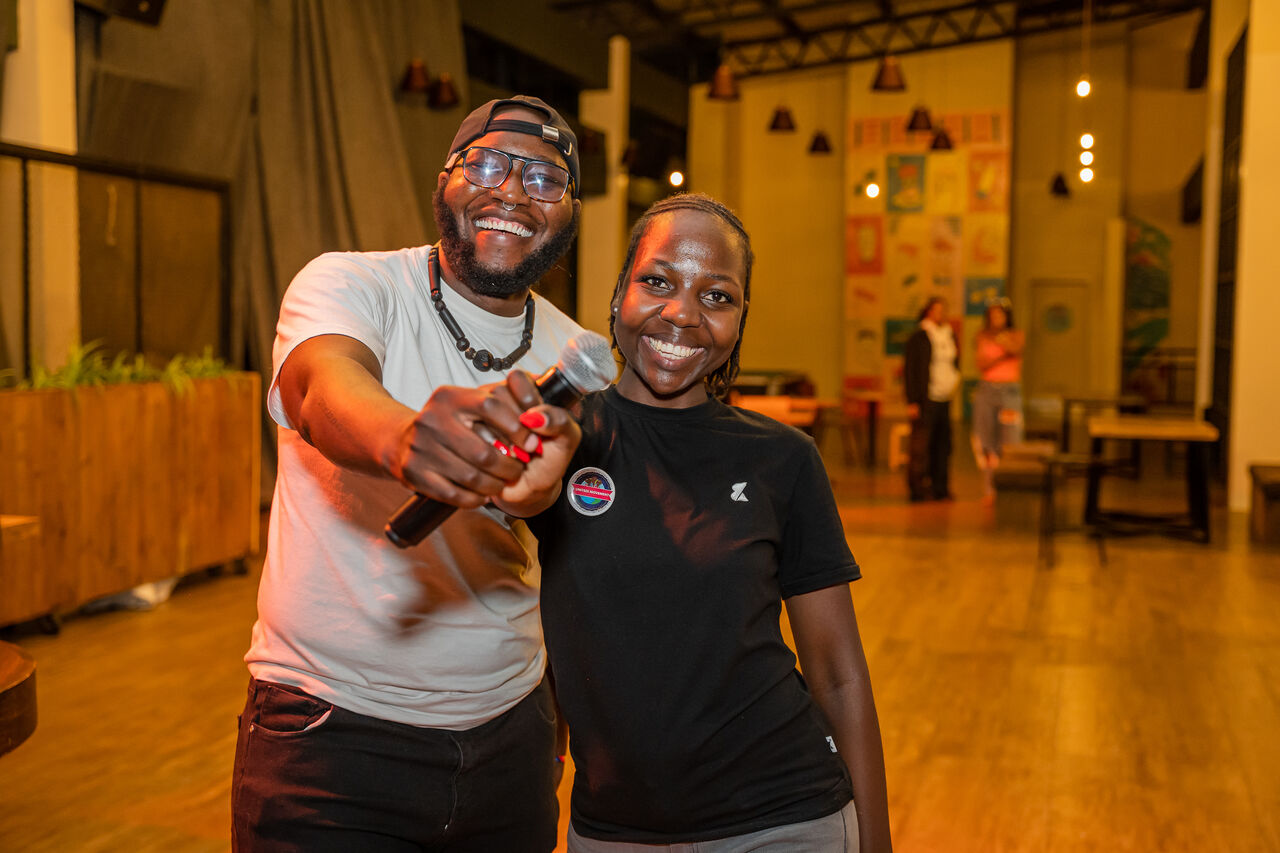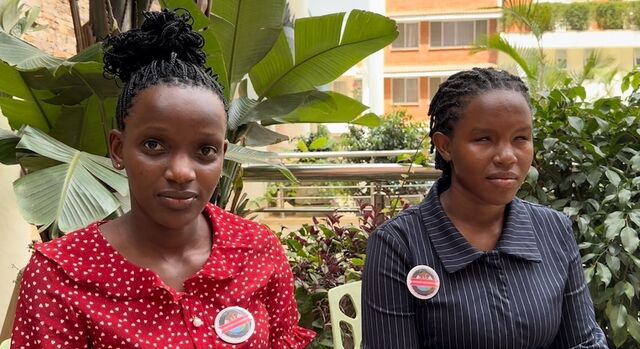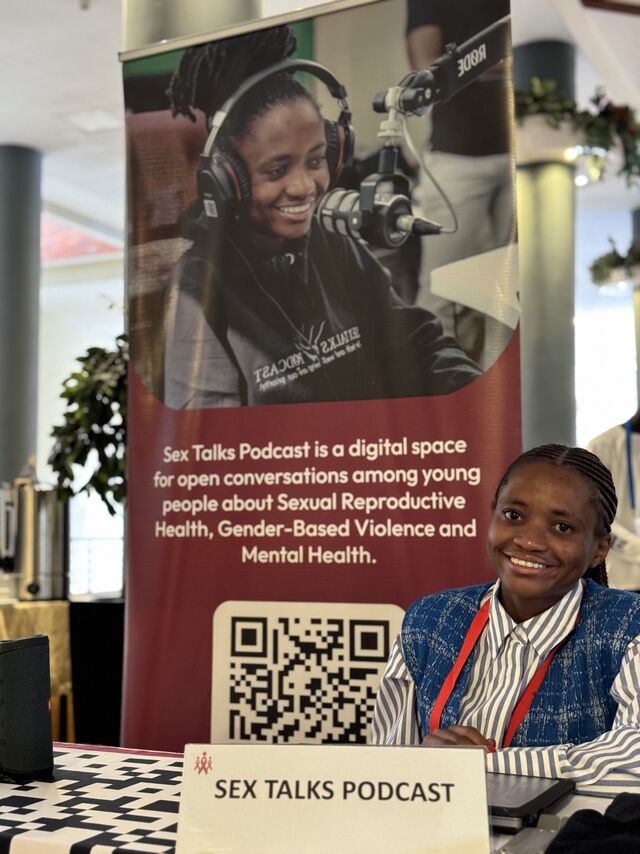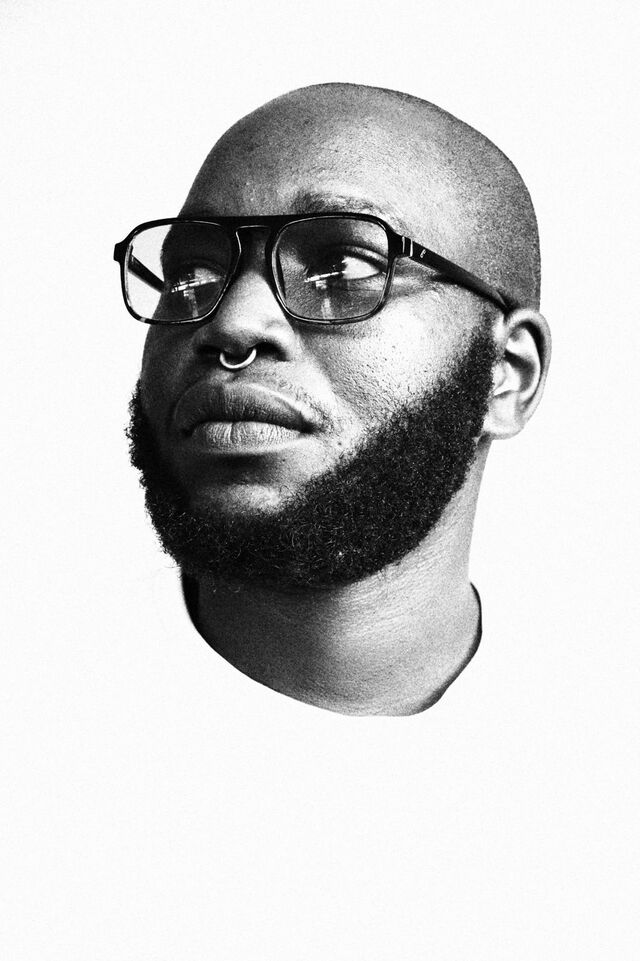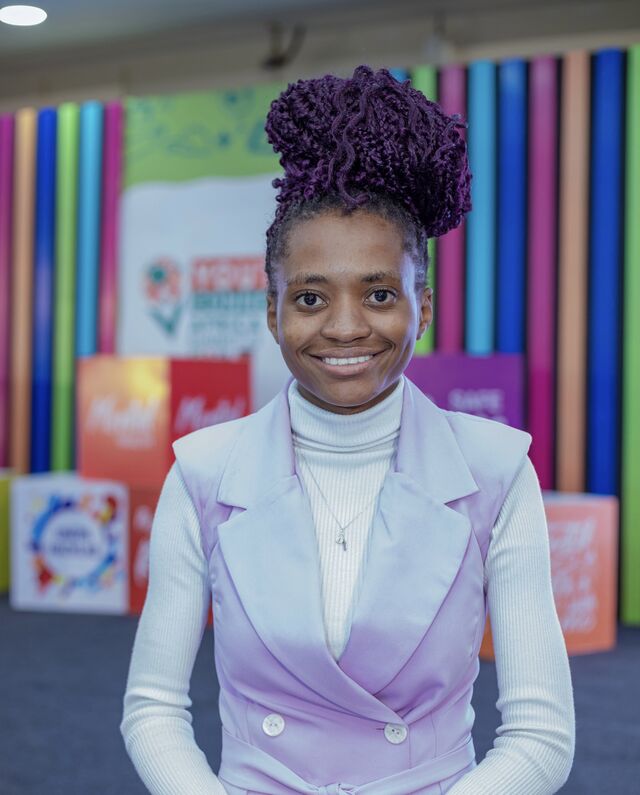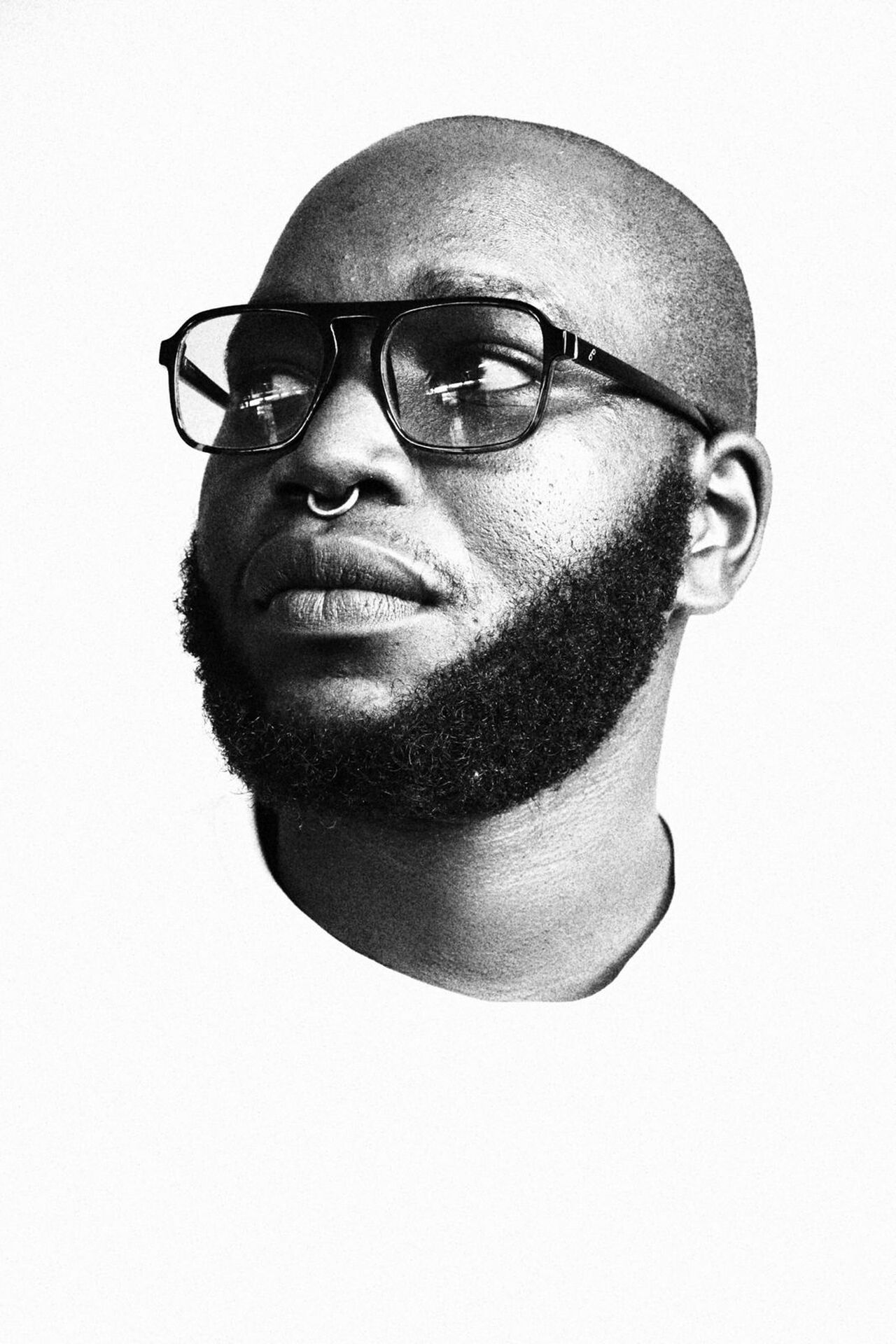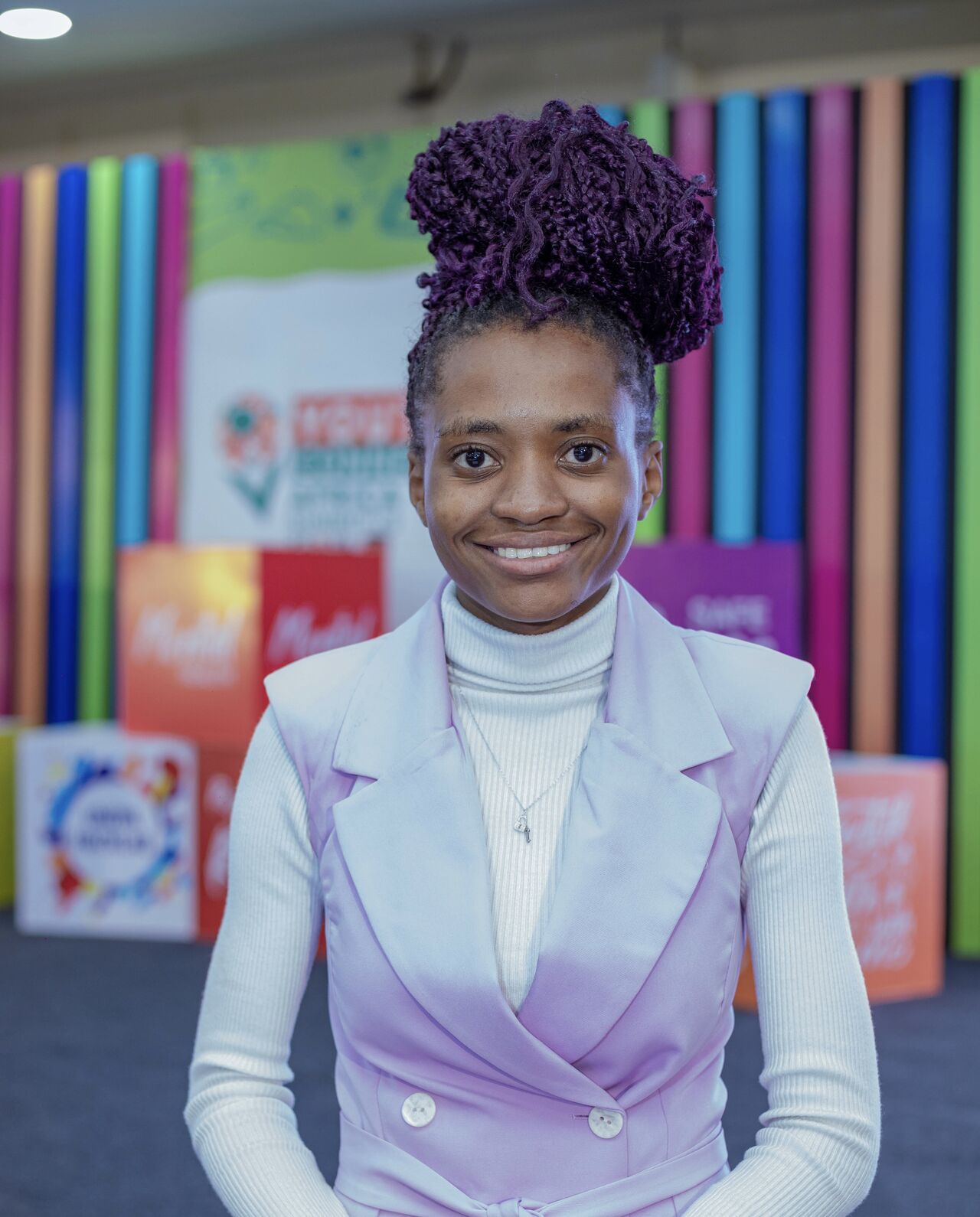Despite growing up in different African countries, we share a common school memory: Classes singing “Say No to HIV” songs with a chorus about HIV being a death penalty. For those of us aware of our HIV status, chiming in consolidated our shame and compounded our secrecy, causing loneliness and fear. For those of us who tested positive later (most new HIV diagnoses are adolescents), we recalled this education with terror.
Our teachers discussed abstinence, sin and responsibilities. We had no understanding of contraception, consent or how to maintain healthy relationships. Sex education was, and still is, sidelined to an awkward maths or geography teacher cringing by the blackboard: “An empty crisp packet won’t work as a condom”. Thanks for the advice!
Little wonder then, that recent research by 2gether 4 SRHR, a Regional Joint UN Programme in Eastern and Southern Africa (the epicentre of the HIV crisis) identified huge knowledge gaps in the general public’s understanding of sexual and reproductive health and rights.
Research found that common questions asked on Google across the region included: What can I drink to prevent pregnancy? How do I make a homemade morning-after pill? Can black seed oil cure HIV? Can frogs or snakes treat infertility? What can I use to clean my womb? Can you get HIV in 20 seconds?
With only the University of Google to (mis)guide us, we have all acted in our own ways to address misinformation, using digital technology, grassroots networks, and most importantly, our voices.
We are all members of the UNITED! Movement, which brings together youth leaders including networks of young people living with HIV (Y+Global) and those leading change in the Sexual Reproductive Health space (AFRIYAN).
People on TikTok usually post sad depressing content on HIV, which frightens people from taking the very medication which can save their lives. Ruele’s following on tik tok blew up when he started taking antiretroviral medication in public places in Kenya, such as church, the supermarket, or even the police station. Initially, Ruele received hateful homophobic comments, but the response has now switched from life-threatening to life-giving. After launching a podcast, Sex Ed by Ruele-ations, Ruele got a message from someone in Philippines, who had been considering suicide, but now had hope.
Selma has also launched a podcast in Namibia speaking out about sexual health issues society normally finds taboo. Even admitting young people are having sex is the first step. How else can Health Ministries map the needs of young people and provide adequate access to information, contraception, healthcare and support?
She got a lot of backlash at first because people assumed she was recommending sex positions. But rather, the Sex Talks Podcast is about debunking the fear around the word sex. It’s about health advice and the pros and cons of certain contraceptives. The pod has informed listeners about symptoms of STIs, led to them getting tested and treated and referred many to youth friendly clinics for services.
Politicians talk about the triple threat of gender-based violence, teen pregnancy and HIV, which acknowledges the interconnected nature of sexual and reproductive health. We prefer to think of a triple opportunity: to share knowledge, improve access to contraception, testing and treatment and to offer young people support with mental health, jobs and active participation in policy making.
Meanwhile, Nissy is a member of UNITED! living with a disability whose advocacy has helped create local bylaws in Uganda, to ensure perpetrators of gender-based violence are brought to justice. GBV is a major concern in her community, where a large proportion of people living with disabilities have experienced sexual violence. It is estimated that between 40-70% of women living with disability have experienced sexual violence, which means they are at least twice as likely as non-disabled women to experience sexual violence.
Nissy realised violence was normalised in her region of Uganda, partly because national laws were not properly understood. By educating local police, religious leaders, health and social workers and the community about existing legislation, Nissy and her colleagues at ADPHA Uganda successfully advocated for HIV/AIDS prevention and control by law.
Now, perpetrators are criminalised and brought to justice, which itself acts as a deterrent. This is a win for survivors, reduces the risks faced by potential victims, helps reduce HIV, STIs and unintended pregnancy and also encourages Persons with disabilities living with HIV to access HIV information and services without discrimination.
We have been working with UNICEF, as part of the 2gether 4 SRHR programme, to develop an SRHR toolkit to engage more young people to advocate and influence behaviour. For us, our lives are more complex than simply telling children to Say No to HIV. And our stories and advocacy are helping to prevent HIV transmission, improve access to treatment and support young people across Africa.
